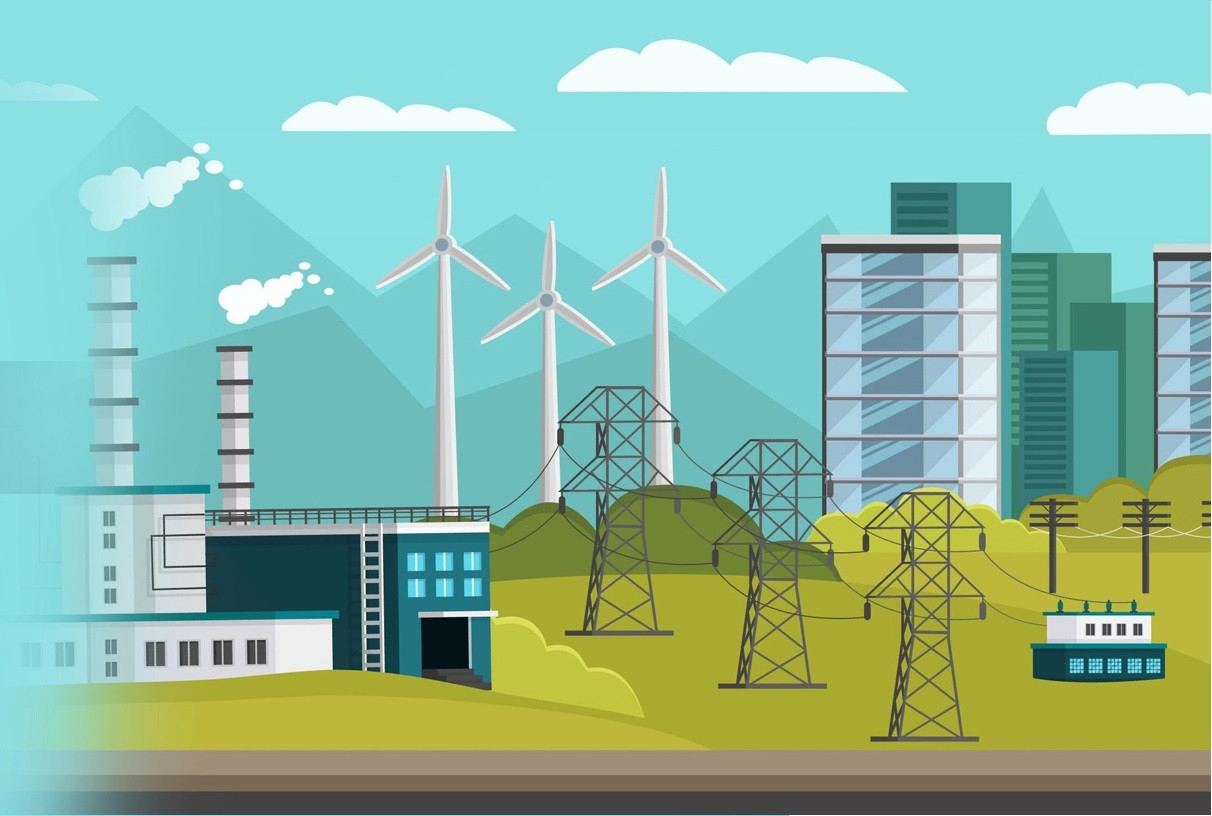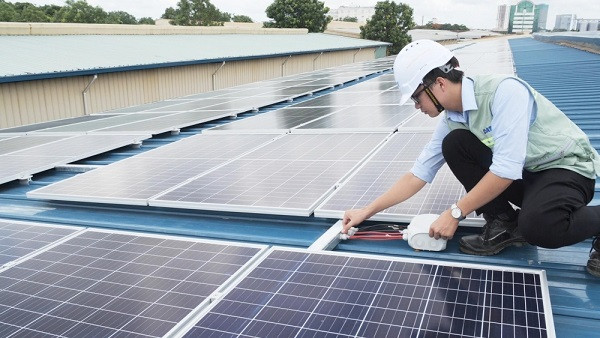Lessons from China, South Korea

The Danish toy manufacturer Lego has decided to invest US$1.06 billion in a factory in the southern province of Binh Duong.
This is Lego's sixth factory worldwide and the second in Asia. Lego’s deal marks a milestone in attracting "clean" investment capital in Vietnam, a turning point for the development of a green and sustainable economy.
Green industry focuses on two main goals: limiting emissions of CO2 and toxic chemicals from industrial parks and export processing zones; and researching and developing new energy sources, and new and environmentally friendly techniques and machinery.
Carsten Rasmussen, Lego Group’s CEO, said the factory in Binh Duong is Lego's first carbon-neutral factory using on-site energy from solar cells. The Vietnam – Singapore Industrial Park (VSIP) will build the solar project on behalf of Lego and produce enough renewable energy to meet 100% of the factory's requirements. Lego will also work with VSIP to plant 50,000 trees.
Currently, Vietnam has nearly 400 industrial parks and economic zones, attracting foreign direct investment capital of about $12 billion, accounting for about 80-90% of foreign-invested projects in the manufacturing sector. Besides positive aspects, rapid industrial development has also caused certain impact on the environment.
Mr. Le Huy Dong, Manager of Industrial Services Division, Savills Hanoi, said that Vietnam is at the gateway of development, with much potential to reach further on the world map. However, industry needs to avoid the mistakes of other countries during their development process. Vietnam needs to consider the "green" factor as a necessary condition in industrial development.
Thirty years ago, China had many outstanding advantages like Vietnam today. The Chinese government made full use of its available strengths to lure foreign capital to many industries. This caused pollution at a red alert level in China in the 2015-2017 period.
The Chinese government has implemented programs to stimulate green transformation for the industry as well as the economy as a whole. The first is the Eco-Industrial Park Program to promote the transformation of traditional industrial parks into the "resource saving" and "clean production" model, and to build new industrial parks based on the principle of clean production.
The circular economy industrial park (CEDIP) model, introduced by the Government in 2005, is based on the principles of reduce, reuse, recycle (3R) and emissions reduction. China has come up with reasonable policies, and at the same time, built an appropriate market mechanism. Efforts to go green in industry make sense for China's National Climate Change Goal.
South Korea is a successful country in green industry. Its Green Growth Strategy, announced in August 2008, consists of three elements: Industry, energy and investment.
Green technology is also a highlight as South Korea promotes a low-carbon green growth model. Thanks to its green growth strategy, the country has succeeded in closing the gap in technology with its global counterparts.
Among the 27 key green technologies selected as priority areas for investment and commercialization, South Korea's secondary batteries and LEDs rank first in the world. Other technology categories such as energy storage systems, renewable energy systems and electric vehicles have also made significant strides.
Challenges for Vietnam

According to a representative of the United Nations Industrial Development Organization (UNIDO), the set of indicators on eco-industrial parks should ensure suitability, performance and a scientific basis in accordance with Vietnam’s conditions such as: environment, management of industrial parks, society and economy, support for monitoring, and evaluation and recognition of eco-industrial parks.
Le Huy Dong said that in order to achieve sustainable results in the industry, much of the effort will come from the government’s policies. Currently, all companies listed on the Vietnamese stock exchange are required to release annual report on Environment, Society and Governance (ESG). This requirement obliges companies to disclose energy efficiency as well as labor policies and human rights.
In addition, the industry is shifting and prioritizing investment capital in the field of high-tech and "cleaner" manufacturing and production. These are industries with high added value, such as manufacturing and assembly of electronic equipment and components.
It is also necessary to limit traditional industries such as textile, dyeing, leather footwear processing, manufacturing batteries and accumulators that use outdated technology. These are industries that use a lot of chemicals and emit a lot of toxic around workers as well as the environment.
In addition, the Government should introduce policies to encourage the investment and use of renewable energy and alternative energy, such as wind power, solar power, thermal power and hydroelectricity.
Tran Thuy